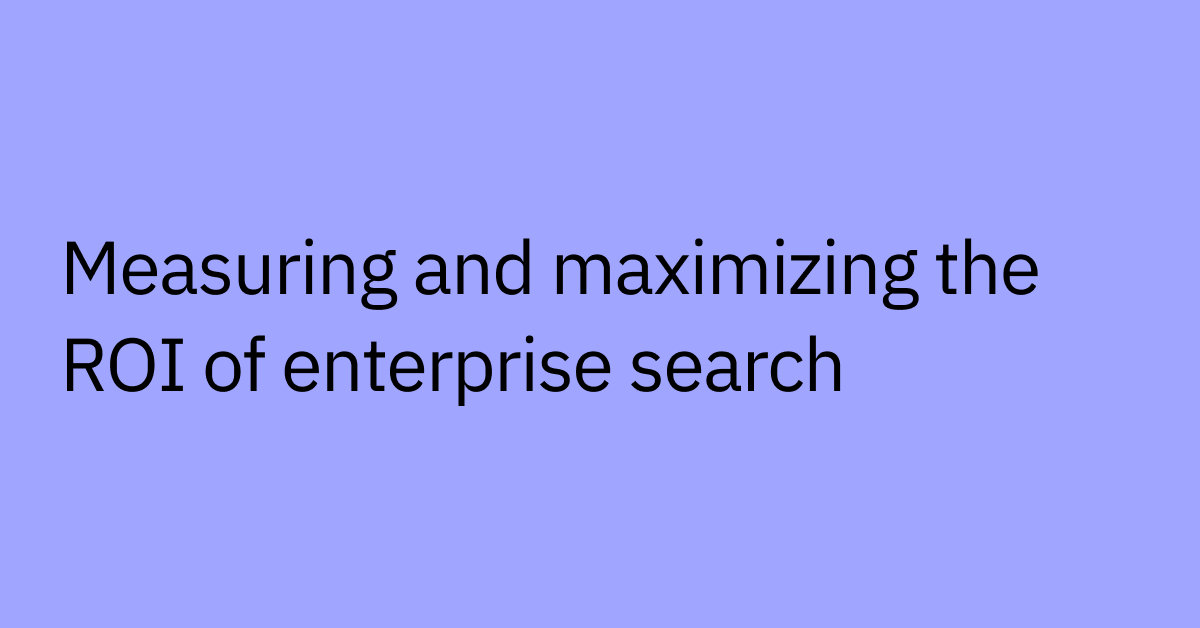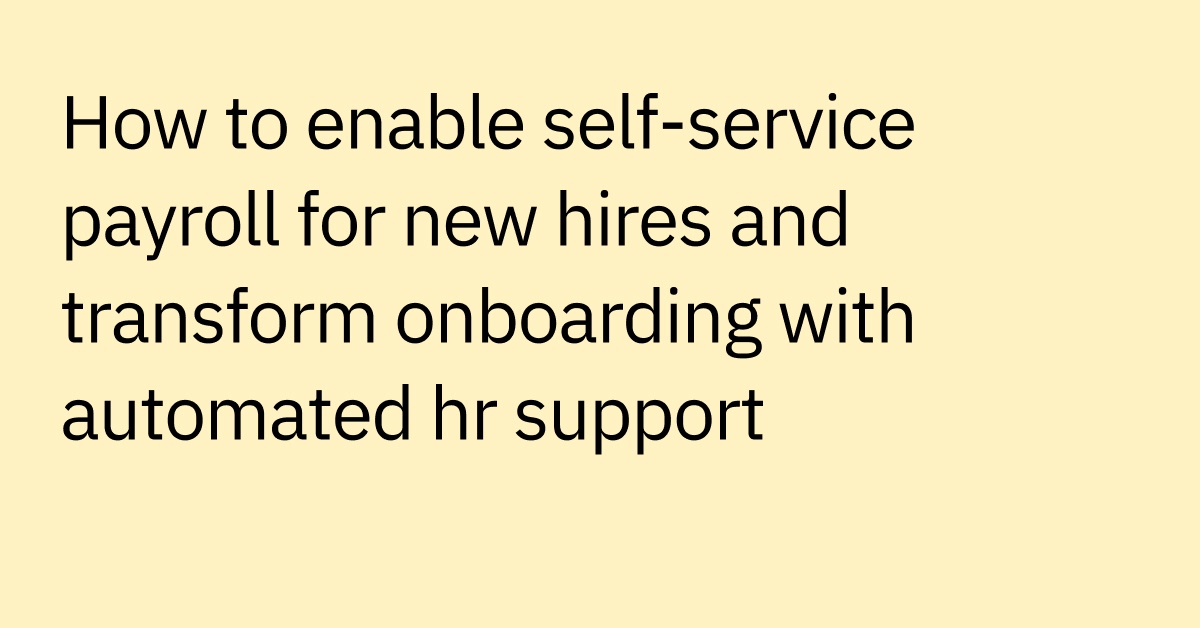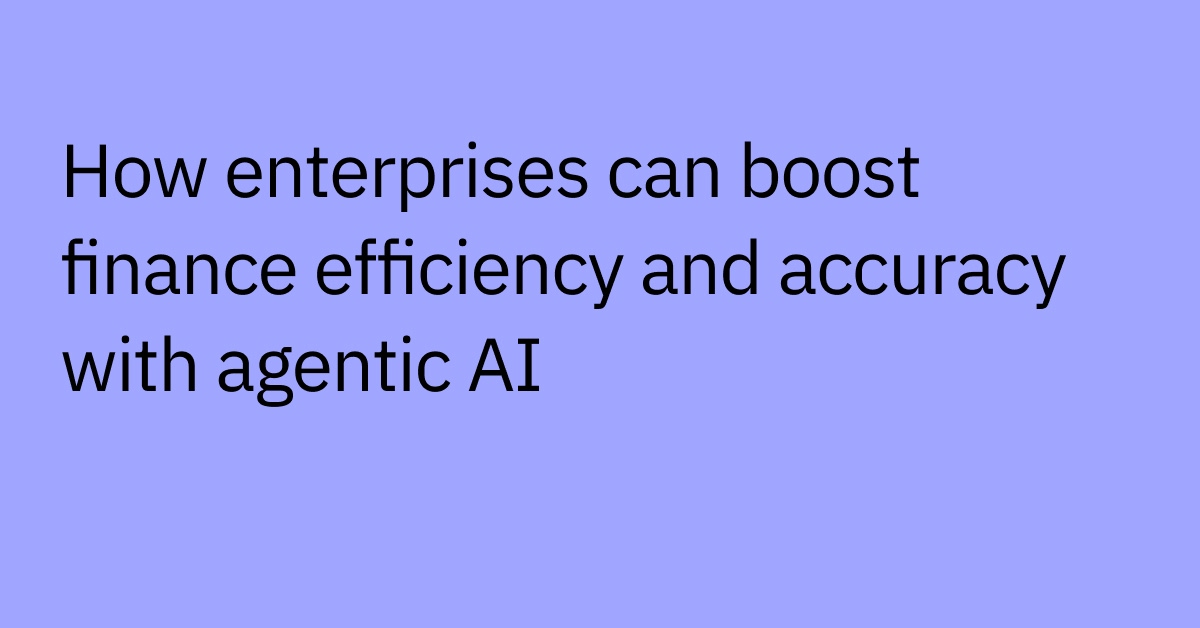Table of contents
In today's hyper-competitive business landscape, the sales industry is undergoing a profound transformation driven by artificial intelligence. As customer expectations evolve and market dynamics shift rapidly, sales teams are turning to AI-powered solutions to gain a decisive edge.
Picture this: it’s the middle of a busy quarter, and you’re trying to close important deals before the month ends. You’re juggling multiple accounts, each at a different stage in the pipeline. You open your CRM, hoping to get a quick overview of your accounts, but instead, you find yourself buried in a sea of data. Notes scattered across platforms, important emails hidden in long threads, and details on past interactions buried deep within unstructured data.
You spend hours searching, updating, and following up, only to realize that half your day has slipped by. All you’ve managed to do is gather the information you need — never mind actually progressing your deals.
Many sales teams face this challenge today, spending a lot of time on routine, administrative tasks — tasks that could be simplified with the right technology. That’s where AI comes in. By handling repetitive tasks, AI allows you to spend more time doing what you do best: building relationships, closing deals, and driving results.
In this blog, we’ll explore five smart ways AI can transform your sales motion, eliminating bottlenecks and empowering you to focus on what truly matters.
Keep reading to learn more about:
- What is AI in sales?
- The benefits of AI in sales
- 5 ways your team can leverage AI in sales
- How Moveworks can support AI in your sales strategy
- How is AI changing sales?
- Choosing the right tools for AI in sales
Whether you're a sales representative looking to boost your performance or a sales leader aiming to transform your team's capabilities, this article offers insights on how you might use AI to enhance your sales processes.
What is AI in sales?
Before diving into the specific applications, let's define what we mean by AI in sales processes.
AI in sales refers to the use of advanced technologies to automate, optimize, and enhance various aspects of the sales process. It's not just about automating tasks; it's about leveraging sophisticated algorithms to provide insights, recommendations, and decision-making tools that can transform how sales teams engage with customers.
The integration of AI into sales processes offers the potential for a significant boost in productivity, customer engagement, and data-driven decisions. For instance, AI can process raw data from various sources — such as customer emails, CRM updates, or call transcripts — and transform it into actionable insights, allowing sales teams to make more informed decisions and focus on higher-value activities like relationship-building and strategic planning.
Some key components of AI in sales include:
- Machine learning: Helps AI systems learn from historical data to predict outcomes and automate tasks. In sales, machine learning can be used for predictive lead scoring, forecasting sales trends, and identifying upselling opportunities based on historical data and behavior patterns.
- Natural language processing (NLP): Technology that allows computers to understand, interpret, and generate human language, facilitating more natural interactions between sales reps and AI tools.
- Generative AI: Creates original content, like emails or summaries, based on learned patterns and data inputs. In sales, generative AI can draft personalized emails or even generate sales proposals tailored to specific client needs.
- Agentic AI: Represents a new evolution in AI, characterized by enhanced autonomy, decision-making capabilities, and adaptability. Unlike traditional AI, which is limited to specific, programmed tasks, agentic AI can understand and interpret complex contexts and goals, allowing it to autonomously navigate and execute multi-step workflows. In sales, agentic AI can proactively manage complex tasks like lead prioritization, deal progression, and personalized outreach while adapting its actions based on changing market conditions and customer responses.
By combining these technologies, AI for sales can create a powerful toolkit that could transform every stage of the sales process, from lead generation to closing deals and post-sale customer relationship management.
The benefits of AI in sales
AI isn't just about cutting down on administrative tasks, it's about transforming time spent searching for information into time spent closing deals. It offers a range of strategic benefits that potentially can transform the effectiveness of your sales team in three key areas: increased productivity, improved customer engagement, and data-driven decision making.
Increasing Sales team productivity with AI
AI has the ability to automate a wide range of time-consuming tasks, which in return could free up sales reps to focus on higher-value activities. Some key areas where AI boosts productivity include:
- Automated data entry: AI has the ability to automatically update CRM records, log call notes, and track email interactions, saving hours of manual data entry.
- Intelligent scheduling: AI assistants have the ability to handle the back-and-forth of scheduling meetings, finding optimal times for all parties involved.
- Quick information retrieval: Instead of sifting through multiple databases, AI has the ability instantly pull relevant customer information, past interactions, and product details.
- Lead qualification: AI algorithms have the ability to score and prioritize leads, ensuring sales reps focus their efforts on the most promising opportunities.
- Workplace search: AI has the ability to quickly retrieve answers to questions, no matter the domain — from legal to security to product information
Example: With Moveworks, a rep can look up a customer’s most recent interactions, pending tasks, or contract details in seconds, all without leaving their chat interface.
By automating these tasks, sales reps will be able to dedicate more time to building relationships, strategizing, and closing deals.
Improved customer engagement
AI-powered personalization helps deliver the right message at the right time. By analyzing customer data, these tools are able to provide personalized recommendations and insights, enabling sales reps to tailor their approach for each prospect. This level of customization leads to more meaningful and relevant conversations.
- Personalized outreach: AI-powered systems are able to tailor content, product recommendations, and messaging in real-time based on customer data and behavior.
- Sentiment analysis: NLP algorithms are able to gauge customer sentiment during interactions, allowing sales reps to adjust their approach accordingly
- Predictive customer needs: By analyzing patterns in customer behavior, AI is able to predict when a customer might be ready for an upsell or at risk of churning, allowing for proactive engagement.
Example: AI-generated emails can follow up on client conversations with tailored messaging, highlighting solutions that fit the customer's needs.
This level of personalization leads to more meaningful conversations, stronger relationships, and ultimately, higher conversion rates.
Data-driven decision-making
By analyzing massive amounts of data, AI helps sales teams make better decisions faster. It offers predictive insights that help sales reps prioritize leads, forecast deals more accurately, and identify opportunities that are more likely to close.
- Accurate sales forecasting: AI models are able to provide more accurate sales forecasts, helping teams set realistic goals and allocate resources effectively.
- Territory and quota planning: AI are able to optimize territory assignments and set realistic quotas based on market potential and rep performance data
- Win/loss analysis: By analyzing successful and unsuccessful deals, AI is able to identify key factors that influence deal outcomes, helping teams refine their strategies.
Example: AI can suggest the next best actions based on historical performance, taking the guesswork out of decision-making.
By leveraging these insights, sales teams are able to develop more effective strategies, allocate resources more efficiently, and adapt quickly to changing market conditions.
5 ways your team can leverage AI in sales
AI in sales is more than a trend—it’s a strategic advantage. In our recent webinar, AI at Work: 5 ways to Supercharge your Sales Motion we explored how AI is transforming sales teams and what the future holds as more organizations embrace these technologies.
Here are the five practical, actionable ways to leverage AI to help boost your team’s efficiency and close more deals:
Finding account information
How it works: Sales reps often need to retrieve customer account information quickly, whether it's contact details, recent activity, or historical purchases. By using natural language queries, reps are able to access CRM data, get up-to-date account details, and even disambiguate between multiple entries with ease. This helps eliminate the need to navigate complex CRM systems or search through multiple databases.
Example: A sales rep can simply ask, "What's the current status of the Acme Corp account?" and receive a comprehensive summary of the account's history, recent interactions, and upcoming opportunities.
Benefits:
- Saves time spent searching for information
- Ensures all team members have access to up-to-date account data
- Enables reps to prepare for client interactions more efficiently
Finding opportunity information
How it works: Stay on top of every deal with AI's ability to track opportunity progress in real time. AI has the ability to monitor deal progress, notify sales reps of key updates, and suggest next steps based on historical data. This ensures that opportunities don’t stall, and reps can take action at the right moment to close deals faster.
Example: A sales manager can ask, "What are our top 5 opportunities this quarter?" The AI tool will help analyze current opportunities, considering factors like deal size, probability of closing, and stage in the sales pipeline to provide a prioritized list.
Benefits:
- Keeps sales reps informed about deal progression
- Highlights areas that need attention
- Facilitates more accurate sales forecasting
Summarizing opportunity details
How it works: Long email threads, meeting notes, and unstructured data can be a challenge to sift through manually. AI is able to automatically summarize key points, ensuring sales reps never miss critical details.
Example: When a sales rep takes over an account, they can ask the AI to "Summarize the key points from the last three customer meetings for the Acme Corp opportunity." The AI will help provide a concise overview of the main discussion points, decisions made, and next steps.
Benefits:
- Saves time reviewing lengthy documents
- Ensures important details aren't overlooked
- Facilitates better handoffs between team members
Finding relevant resources or content
How it works: Personalization is critical in sales, and AI can help assist by recommending the right materials at the right time. Whether it's case studies, product sheets, or white papers, AI is able to sift through content libraries and suggest the most relevant resources based on the customer’s profile, stage in the sales cycle, and past interactions. This makes it easy to provide prospects with tailored content, potentially enhancing the customer experience and moving the deal forward.
Example: A rep working on a healthcare opportunity can ask, "Do we have any case studies for healthcare clients implementing our solution?" The AI can then provide relevant case studies and success stories tailored to that specific industry.
Benefits:
- Ensures sales reps always have the most relevant content at their fingertips
- Improves the quality and personalization of sales collateral shared with prospects
- Saves time searching for appropriate materials
Drafting and sending emails
How it works: Personalized communication is key to closing deals, and AI can help craft customized emails based on the latest account or opportunity data. This allows sales reps to maintain a personal touch without the manual effort.
Example: After a demo, a sales rep can ask the AI to "Draft a follow-up email for the Acme Corp demo, highlighting the key features we discussed and addressing their concerns about integration." The AI is able to then generate a personalized email draft, which the rep can review and refine before sending.
Benefits:
- Saves time on routine email communication
- Ensures consistency in messaging across the sales team
- Improves email personalization and relevance
How Moveworks can support AI in your sales strategy
Moveworks offers a range of AI-powered solutions that can be seamlessly integrated into your sales process, enabling your team to work smarter, not harder.
Seamless integration with existing tools
Moveworks integrates smoothly with your existing tech stack, including:
- CRM systems like Salesforce and HubSpot
- Communication platforms such as Slack and Microsoft Teams
- Project management tools like Jira
- Document management systems like SharePoint
These powerful integrations make it easy for sales teams to access information from multiple systems without switching between applications. For example, a rep can pull account information from Salesforce, retrieve documents from SharePoint, and update tasks in Jira, all from within their Slack workspace.
Creator Studio for customized AI workflows
Moveworks' Creator Studio allows teams to build custom workflows that suit their unique sales processes. Whether it’s automating routine tasks or creating dynamic conversations to address specific customer inquiries, Creator Studio puts the power of AI in the hands of your sales team.
With Creator Studio, you can:
- Design AI-powered conversational flows
- Create custom integrations with your existing systems
- Develop unique use cases that address your team's pain points
- Iterate and improve your AI workflows based on usage data and feedback
Benefits of using Creator Studio:
- Flexibility: Adapt the AI to your unique sales processes and terminology
- Scalability: Easily update and expand your AI capabilities as your sales strategy evolves
- Continuous improvement: Use built-in analytics to refine and optimize your AI workflows over time.
- No-code customization: Create and modify AI workflows without technical expertise, allowing your team to innovate faster.
Unblocking your sales team and accelerating onboarding
In addition to the core AI functionalities, Moveworks is able to support your sales team by addressing critical operational challenges on day one:
- Improved onboarding: By automating repetitive tasks and providing instant access to information, Moveworks can significantly reduce ramp time for new hires, helping them become productive faster. New sales reps can learn about products, processes, and quickly start contributing to your bottom line.
- Provisioning licenses: Moveworks can automate the process of provisioning licenses for essential sales platforms, ensuring that your team always has access to the tools they need to be productive. This eliminates delays and reduces IT workload.
How is AI changing sales?
AI is not just automating tasks; it’s fundamentally reshaping how sales teams operate.
From manual tasks to strategic focus
AI is freeing up sales reps from time-consuming manual tasks, allowing them to focus on high-value activities such as:
- Building deeper relationships with customers through more meaningful interactions
- Developing tailored solutions for complex client needs by leveraging AI-generated insights
- Strategizing on account expansion and upselling opportunities identified by predictive analytics
- Collaborating more effectively with cross-functional teams to deliver comprehensive solutions
This shift enables sales professionals to evolve from transactional sellers to trusted advisors, adding more value to their clients and organizations.
The rise of AI-powered sales strategies
AI-driven analytics and predictive models are helping sales teams become more proactive. These tools can potentially forecast sales trends, identify high-potential leads, and suggest strategies for closing deals.
- Predictive lead scoring: AI is able to analyze historical data to identify the characteristics of high-quality leads, helping sales teams prioritize their efforts more effectively.
- Churn prediction and prevention: AI is able to predict when customers are likely to churn or be ready for an upsell, allowing sales teams to take proactive action.
- Personalized sales playbooks: AI is able to generate customized sales strategies for each prospect based on their unique characteristics and behavior.
Choosing the right tools for AI in sales
Choosing the right AI tools for your sales team can make all the difference in the success of your strategy. Here's what sales teams should consider when evaluating AI tools for their workflows:
Integration with current systems
AI tools should seamlessly integrate with your existing systems. Without smooth integration, your sales team may end up spending more time switching between apps than selling. Ensure the AI solution works across the systems your team uses daily, like Salesforce, Microsoft Teams, or HubSpot.
- Look for AI tools that can seamlessly integrate with your existing CRM, ERP, and collaboration platforms.
- Ensure that the AI solution can access and leverage data from all relevant sources within your organization.
Key questions to ask vendors:
- How does your AI tool integrate with our current CRM and other key systems?
- Can the AI access historical data from our existing databases?
- What is the process for setting up and maintaining integrations?
Ease of use and scalability
Adoption is key to a successful AI strategy. Your AI tools should be intuitive and user-friendly, allowing your team to use them quickly without extensive training. It should also be scalable, so it can grow with your organization and continue to deliver value as your sales team expands.
- Choose tools with intuitive interfaces that your sales team can quickly adapt to.
- Consider the scalability of the solution – can it grow with your team and handle increasing data volumes?
- Look for AI platforms that offer ongoing support and training resources.
Key questions to ask vendors:
- How steep is the learning curve for new users?
- What kind of training and support do you offer?
Data quality and security
For AI to work effectively, it needs access to high-quality, up-to-date data. Ensure that the tool can handle your data securely and that it complies with necessary privacy regulations to protect customer information.
- Ensure that the AI tool can work effectively with your existing data quality levels.
- Look for solutions that offer robust data security measures and comply with relevant industry regulations (ex: GDPR, CCPA).
- Look for robust security features such as encryption, access controls, and audit logs to protect sensitive customer and sales data.
Key questions to ask vendors:
- What data encryption methods do you use?
- What security certifications do you hold (ex: SOC 2, ISO 27001)?
- What are your data retention and deletion policies?
- Do your customers have the ability to customize data access controls?
Redefine your sales strategy with AI
AI is not just transforming the sales landscape; it's redefining what's possible in terms of efficiency, personalization, and strategic decision-making. The sales teams that will thrive in the AI era are those that view AI as a powerful addition to their everyday processes.
It’s no longer about just closing deals—it’s about transforming how you approach every interaction, every opportunity, and every decision. The companies that embrace AI today will not only streamline their workflows but will also be the ones driving innovation and staying ahead of the competition tomorrow.
As you move forward in your AI journey, ask yourself: How can we use AI not just to do things faster, but to do things differently?
Ready to see how Moveworks can supercharge your sales motion? Request a personalized demo today!



